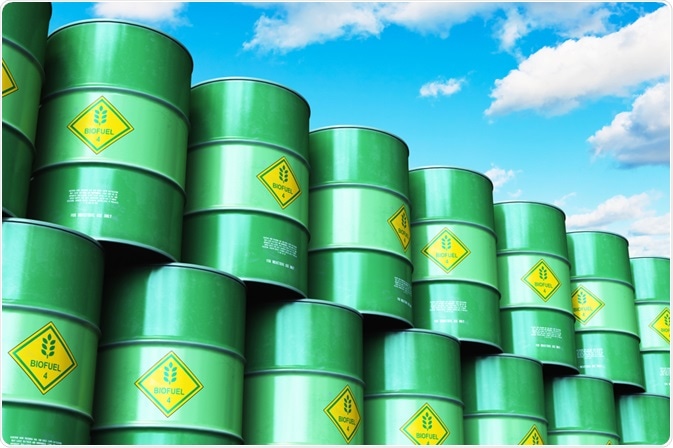
Repsol to transform agricultural and livestock waste into renewable fuels in Spain
Repsol and ASAJA, the largest professional agricultural organization in Spain that represents more than 200,000 farmers and breeders, have signed a collaboration agreement to promote projects that focus on the circular economy to promote sustainability in rural areas. Both entities will share their knowledge and capabilities to seek solutions to improve the management of agricultural and livestock by-products in rural and sparsely populated environments where logistics can be a major obstacle. Repsol will analyze the potential of these wastes and by-products as new raw materials for the manufacture of renewable fuels and circular materials in its industrial complexes.
Another common line of work contemplates the reuse of by-products from the refining industry as fertilizers in agricultural soils to increase their yield and productivity.
With these projects, both entities will promote the creation of new local value chains that induce employment in rural areas affected by depopulation.
Berta Cabello, Repsol’s Director of Renewable Fuels, explained: “Agriculture and livestock are key sectors in Spain. At Repsol, we are working with them to develop the rural economy and transform the by-products of this activity into renewable and circular fuels and materials, which in turn can be reused in the sector.”
Pedro Barato, Chairman of ASAJA, was very satisfied with the signing of this agreement because “the projects to be carried out with Repsol will allow ASAJA to be at the forefront of the latest technology in the production of clean energy to improve the environment.”
For Repsol, the circular economy is a key tool in its industrial transformation program, as it allows the manufacture of high value-added products with a lower carbon footprint from different types of waste. Repsol is analyzing more than 40 types of waste and technologies to promote the production of advanced biofuels and circular petrochemical materials with the goal of achieving carbon neutrality by 2050.
ASAJA is making this commitment to the future so that its members can benefit from circular economy projects and the use of agricultural and livestock waste for the production of biomethane and other renewable fuels, enhancing the value of agricultural by-products and waste.
Information Source: Read More
Energy Monitors | Electric Power | Natural Gas | Oil | Climate | Renewable | Wind | Transition | LPG | Solar | Electric | Biomass | Sustainability | Oil Price |

